EXPLORING THE ROLE OF LANGUAGE IN TAROK IDENTITY: REVITALIZING TAROK DIALECTS TO STRENGTHEN CULTURAL UNITY PRESENTED By ESTHER SAHMAH BINKAP
- Home /
- blog post
EXPLORING THE ROLE OF LANGUAGE IN TAROK IDENTITY: REVITALIZING TAROK DIALECTS TO STRENGTHEN CULTURAL UNITY PRESENTED By ESTHER SAHMAH BINKAP
Hello listeners from across the world, good evening, my name is Esther Sahmah Binkap, a graduate of Linguistics and Nigerian Languages from the University of Jos. I consider it an honour and the rarest of privileges to be speaking about a topic that deeply resonates with me given my passion for proper documentation of African Languages.
Today, I am taking us through a journey that explores the pivotal role of language in Tarok identity and the importance of revitalizing Tarok dialects to foster cultural unity among Tarok youths and the Tarok people in general but before I delve deeper into this conversation, an important question to answer is who are the Tarok people and what is the Tarok language.
The Tarok people are an ethnic group found in Plateau State, Nigeria. Shagaya (2005, p.56), captured that the Tarok Language belongs to the Benue-Congo language family with over 150,000 native speakers and is spoken in the central Nigeria which is also referred to as the middle belt. The Tarok people are found predominantly in Langtang-North, Langtang-South, some parts of Wase, Mikang, Kanam and Kanke local government areas of Plateau State. Traditionally, the Tarok people are mostly farmers with unmatched expertise in hunting.
The Tarok language has its intricacies that have actively contributed to shaping the collective identity of the Tarok people. To understand the importance and significance of the Tarok dialects, we must take a history inspired trip to where the roots of the Tarok people are firmly planted.
Before I go further into this conversation, I will love to define a few key words that are embedded in my topic:
Language: Language can be defined as a complex system of communication used by humans, characterized by the structured arrangement of symbols (such as words and gestures) with specific meanings. It is a fundamental aspect of human cognition and social interaction, allowing individuals to express thoughts, ideas, emotions, and intentions, as well as to convey information and communicate with others.
Dialect: A dialect is a form of language spoken by a specific group of people within a particular geographical area, social class, or cultural community. It is characterized by distinct variations in pronunciation, vocabulary, grammar, and syntax compared to other forms of the same language.
Key features of dialects include:
Pronunciation: Differences in the way sounds are produced and pronounced, such as accent or intonation patterns.
Vocabulary: Variations in word choice and terminology, often influenced by local customs, traditions, and historical factors.
Grammar and Syntax: Variances in sentence structure, word order, and grammatical rules, which may differ from the standard form of the language.
Lexical Differences: Unique words or expressions specific to a particular dialect, reflecting the cultural and linguistic heritage of the community.
It's essential to recognize that dialects are not inherently inferior or superior to one another but represent linguistic diversity and richness within a language community.
Revitalization: In linguistics and language studies, revitalization refers to efforts aimed at preserving, promoting, and restoring endangered or marginalized languages and dialects. It involves initiatives to revitalize linguistic diversity and ensure the continued use and transmission of languages that are at risk of extinction or undergoing decline.
The Tarok Language has five dialects which are:
ITarok (Plain Tarok)
Izini (Hill Tarok)
Səlyər
ITarok oga aSa
IGyang
To hit our main topic of discussion on the head, one may ask how language can play a role in shaping and deepening the identity of a people. Questions may also arise as to why there is need for revitalization. What has happened and what can we do better?
While researching for this presentation, it dawned on me how little I knew about the Tarok dialects and how overtime, the speakers of these dialects have been fading into oblivion. What happened to the Tarok dialects? Linguistically, the state of a language is measured by how much the language is used and spoken every day. When there are a high number of speakers, we consider the language or dialect vital but if there are barely any speakers, the language or dialect is said to be endangered or at worst cases, extinct.
POSSIBLE REASONS FOR LOSS OF TAROK DIALECTS
Language Shift: Societal changes, such as urbanization, migration, and globalization, can lead to language shift, where speakers of a dialect switch to using a dominant or prestige language
Linguistic Standardization: The establishment of a standardized language or dialect as the official or prestige variety can marginalize and undermine the status of regional or non-standard varieties, leading to their decline and eventual loss as speakers adopt the standardized form
Intergenerational Transmission: Inadequate transmission of dialects across generations, due to factors such as limited opportunities for language socialization, reduced use of the dialect in educational settings, or migration away from traditional speech communities, can contribute to their erosion and eventual extinction.
Language Contact and Convergence: Contact between speakers of different dialects or languages can lead to language convergence, where linguistic features from one variety are adopted by speakers of another, resulting in the loss of distinctiveness and uniqueness of individual dialects
Language Policies and Planning: Language policies that prioritize standardized languages or promote linguistic homogeneity over diversity may neglect or actively discourage the use and preservation of dialects, exacerbating their decline and endangerment.
THE ROAD TO REVITILAZATION
Having established that the dialects of Tarok language are endangered, it is privy to not just dwell on the problems but also make sustainable moves to ensure these dialects are revitalized.
Some of the ways are:
Documentation and Preservation: Create comprehensive language documentation through linguistic research, recordings, and publications to preserve linguistic heritage for future generations.
Education and Awareness: Develop language education programs, curriculum materials, and community initiatives to promote language learning, appreciation, and pride among speakers, especially younger generations.
Community Engagement: Foster active involvement of language speakers and community members in language revitalization efforts through participatory planning, decision-making, and cultural events.
Intergenerational Transmission: Encourage intergenerational transmission of languages and dialects within families and communities through language nests, immersion programs, storytelling, and cultural activities.
Technology and Media: Harness digital technologies, social media platforms, and multimedia resources to create and disseminate language resources, including online dictionaries, language-learning apps, and digital archives.
Language Policies and Support: Advocate for language rights, recognition, and support from governments, educational institutions, and international organizations to promote linguistic diversity, protect minority languages, and integrate them into official language policies and public services.
Collaboration and Networking: Foster collaboration and partnerships between linguistic researchers, educators, community leaders, and language activists to share best practices, resources, and strategies for language revitalization and preservation.
Cultural Revitalization: Promote cultural revitalization initiatives alongside language revitalization efforts, including traditional arts, music, dance, and ceremonies, to strengthen cultural identity and connection to language.
Sustainable Development: Integrate language revitalization into broader sustainable development initiatives, addressing socio-economic factors such as poverty, inequality, and marginalization that contribute to language endangerment and extinction.
Global Advocacy: Raise awareness about the importance of linguistic diversity, cultural heritage, and indigenous knowledge at the international level through advocacy campaigns, conferences, and collaboration with global language revitalization networks.
Languages/dialects play a crucial role in deepening identity and fostering unity within communities in several ways:
Cultural Expression: Language serves as a medium for expressing cultural values, beliefs, traditions, and practices unique to a particular community. By speaking their native language, individuals affirm their cultural identity and reinforce their sense of belonging to a distinct group.
Shared History and Experience: Language often carries the collective history, memories, and experiences of a community. Through storytelling, oral traditions, and folklore passed down through generations, language connects individuals to their shared past, strengthening their collective identity and solidarity.
Social Cohesion: Shared language facilitates communication and interaction among community members, fostering social cohesion, trust, and mutual understanding. By speaking the same language, individuals can form bonds, build relationships, and collaborate effectively, leading to greater unity and cooperation.
Group Identity and Pride: Language serves as a symbol of group identity and pride, representing a community's unique cultural heritage and linguistic legacy. By preserving and promoting their native language, individuals affirm their cultural identity and take pride in their linguistic heritage, contributing to a sense of unity and solidarity.
Sense of Belonging: Language creates a sense of belonging and inclusion within a community, providing individuals with a common linguistic framework through which they can express themselves, share experiences, and connect with others who share the same language and cultural background.
Cultural Revitalization: Language revitalization efforts can contribute to the preservation and promotion of indigenous languages and dialects, strengthening cultural identity and fostering unity within marginalized or minority communities. By reclaiming their native language, communities can reaffirm their cultural autonomy and assert their right to linguistic diversity and cultural expression.
Overall, language serves as a powerful tool for deepening identity and fostering unity within communities, providing a shared linguistic and cultural framework through which individuals can connect, communicate, and collaborate towards common goals.
As a people, embracing our language as an intrinsic part of our identity and cultural helps to cement our unity and deepen our values and the systems that have sustained us thus far. Let us not be a people who leave their language to chance. We must protect our identity and find ways to sustainably pass it down to generations to come.
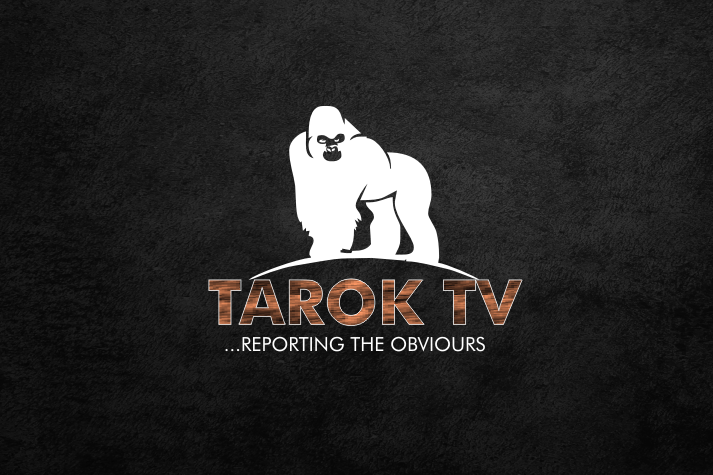
About Admin - Admin
TarokTv, ...Reporting the obvious.
Contact
Phone number: 07062319173
Email: [email protected]
Reach out to us with any news or article.
leave a comment
7 comments
Latest Articles
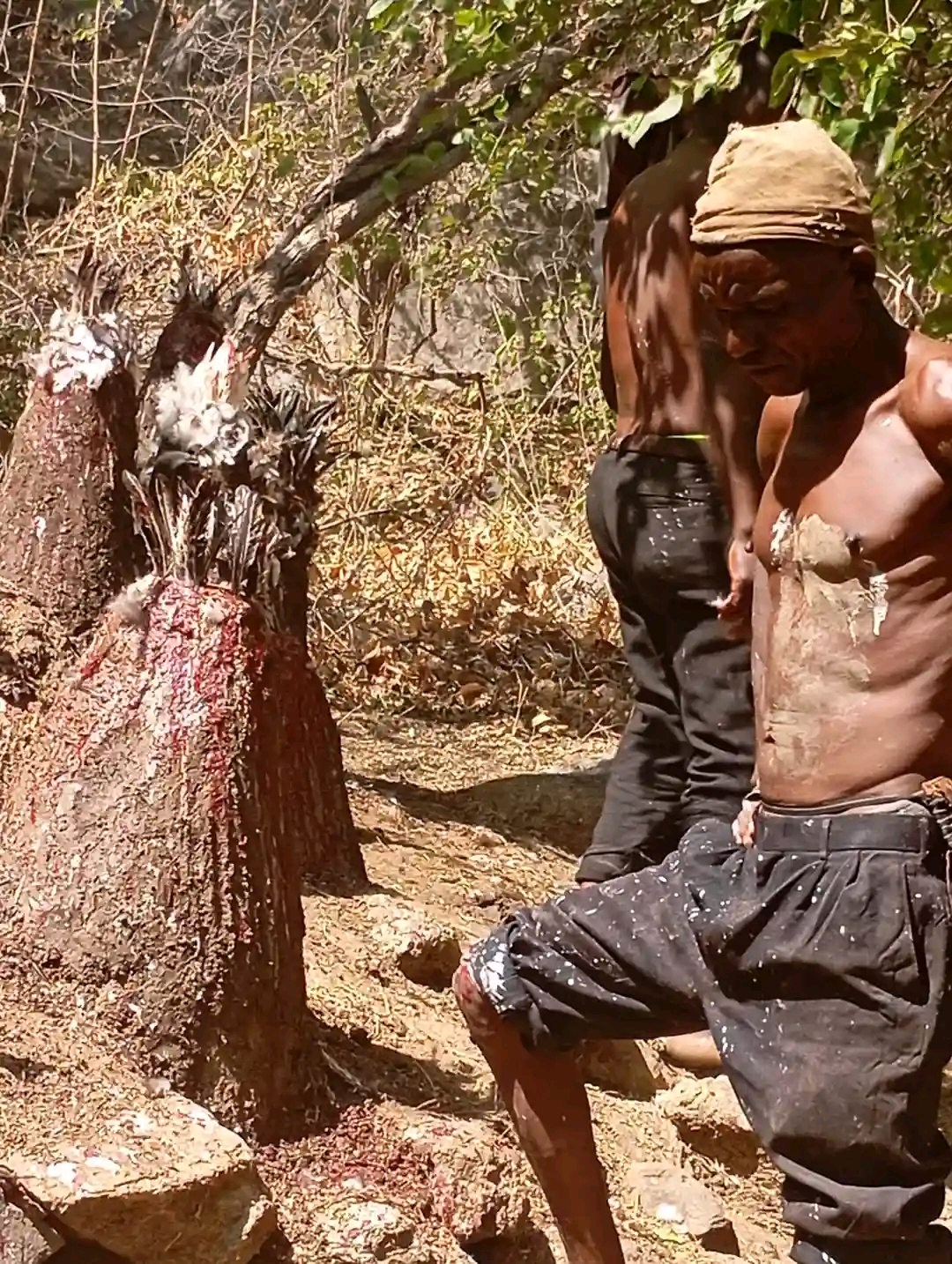
The Ibiari: A Sacred Tradition in Tarok land
The Ibiari Oga Sa festival, an annual tradition in Tarokland, was celebrated today as part of the year-end observance marking…
read more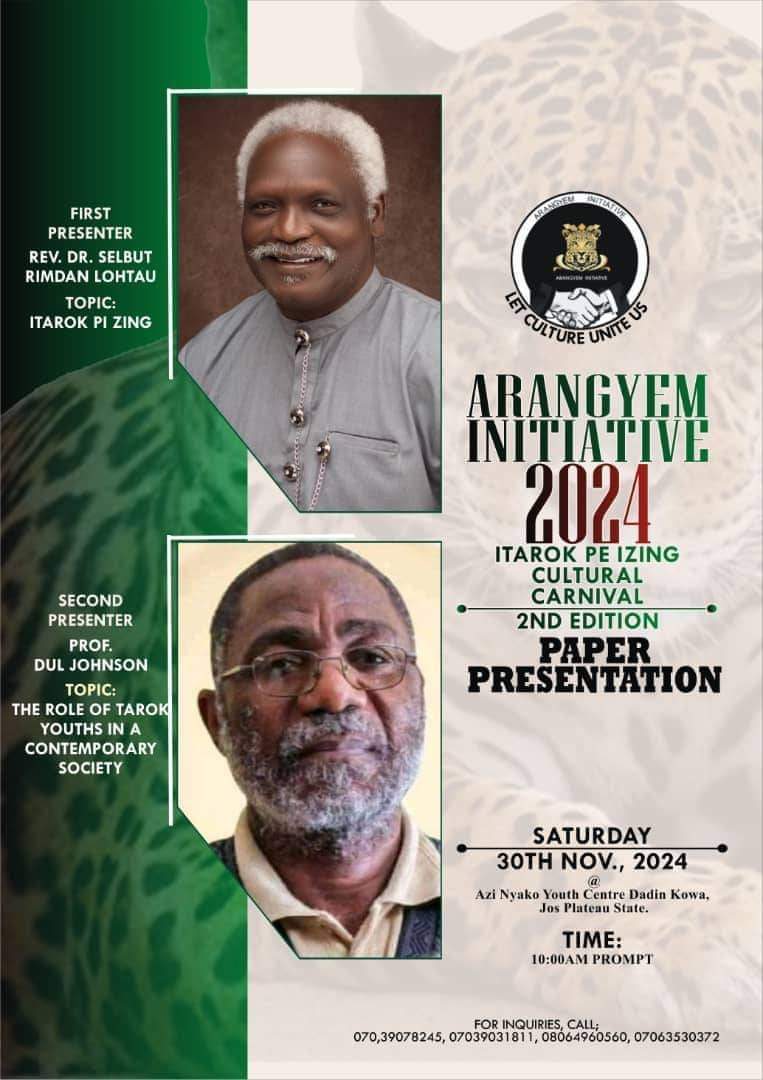
ITAROK PA IZING BY REV. DR. SELBUT LONGTAU
A PAPER PRESENTATION AT ITAROK PA IZING 2ND CARNIVAL HELD AT THE AZI NYAKO YOUTH CENTRE, JOS, 30TH NOVEMBER, 2024
… read more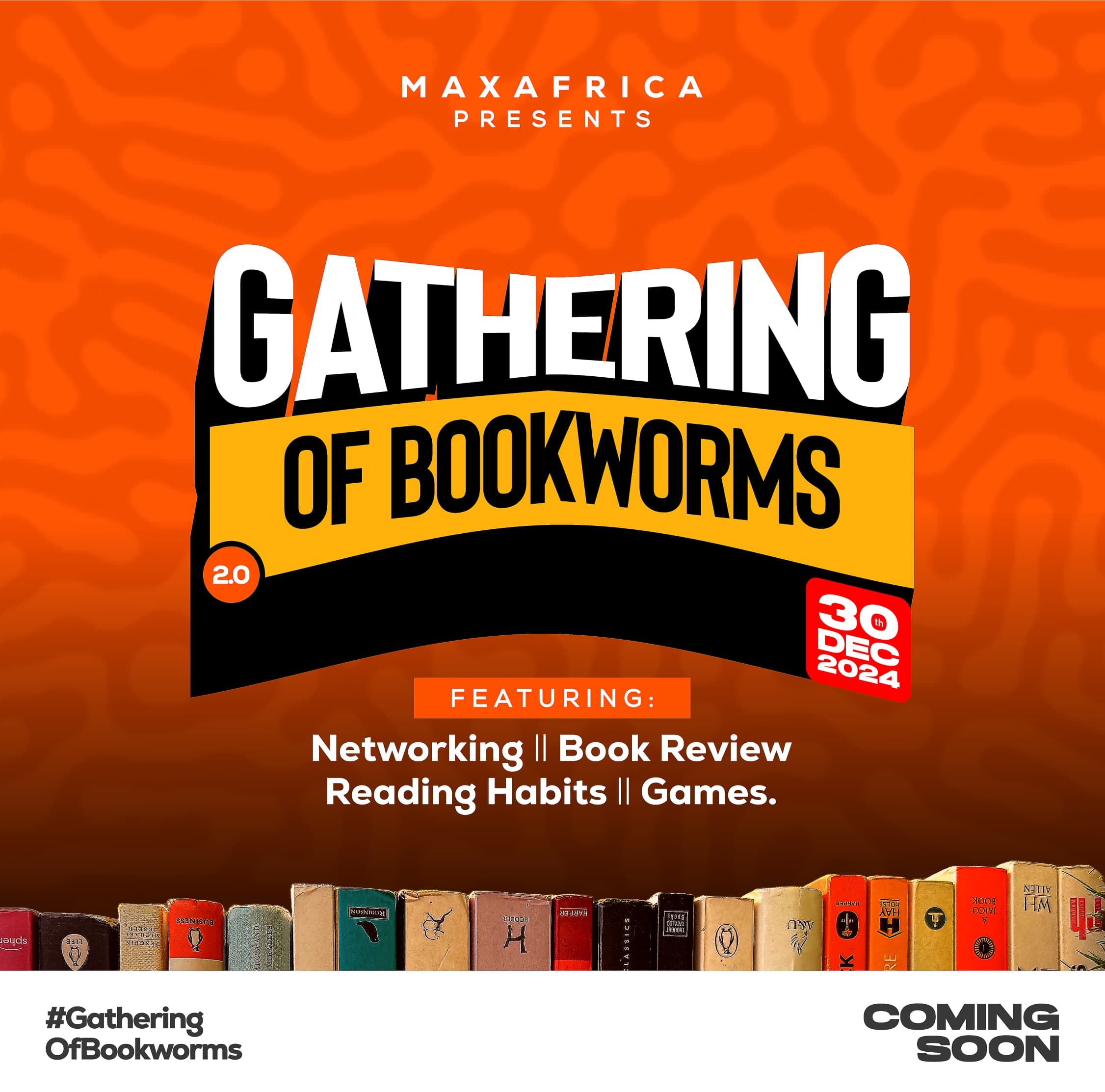
TarokTv News: The Return of "Gathering of Bookworms" - A Literary Revival in Langtang North/South
TarokTv is thrilled to announce the upcoming edition of the Gathering of Bookworms, a celebrated event aimed at uniting the…
read more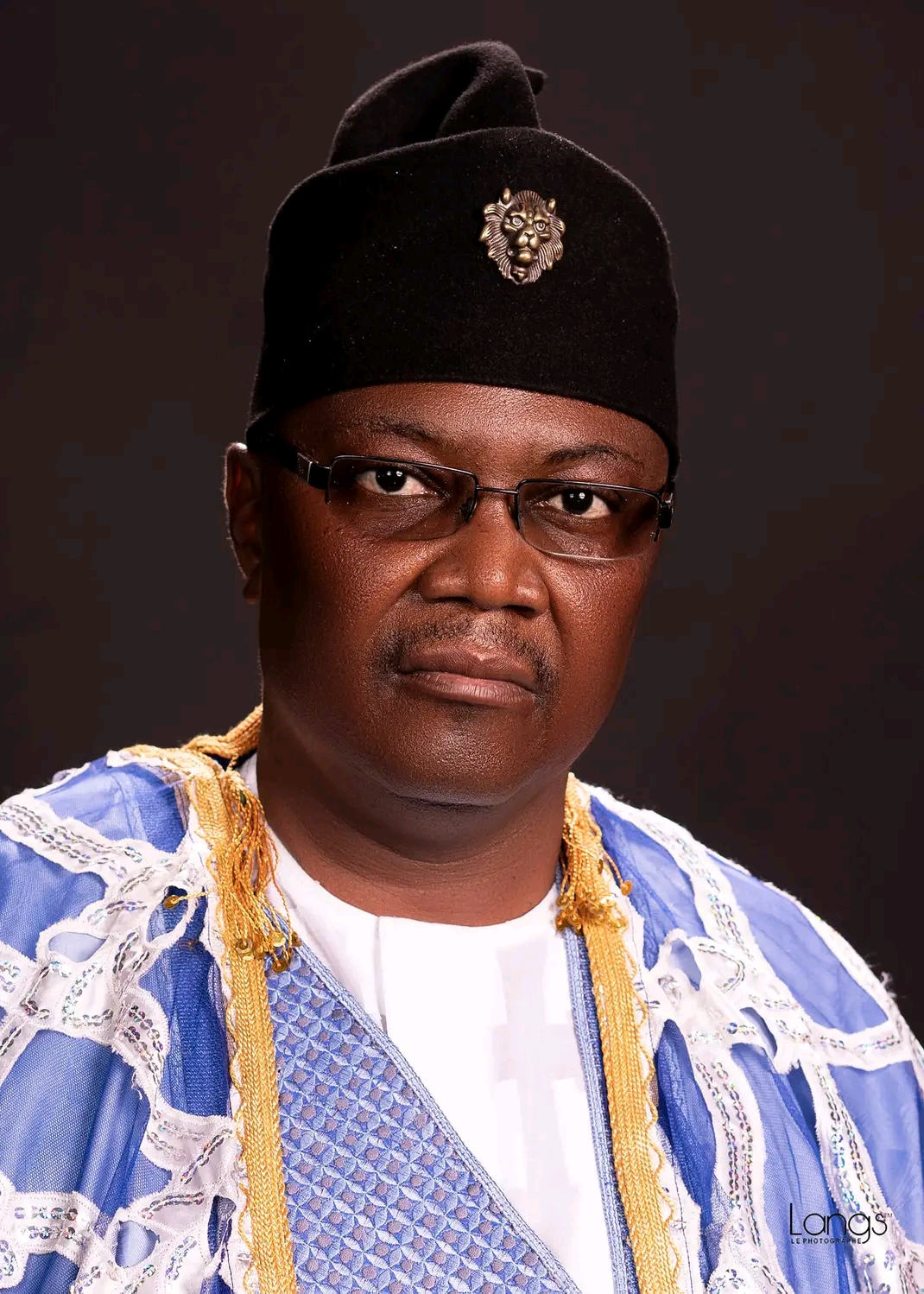
List of All oPonzhi in Tarok Land
This list is very important as I know many of you may not know the oPonzhi O'Tarok. Here is a…
read more
Fostering Inter-Generational Dialogue: Bridging the Gap Between Tarok Elders and Youth to Preserve Cultural Values.
What’s intergenerational dialogue?
Intergenerational dialogue is a meeting of any kind that brings together individuals of different age brackets…
read more
EXPLORING THE ROLE OF LANGUAGE IN TAROK IDENTITY: REVITALIZING TAROK DIALECTS TO STRENGTHEN CULTURAL UNITY PRESENTED By ESTHER SAHMAH BINKAP
Hello listeners from across the world, good evening, my name is Esther Sahmah Binkap, a graduate of Linguistics and Nigerian…
read moreLatest Albums
Recent videos
Copyright © 2020 - TarokTv designed by Taroktv Media.

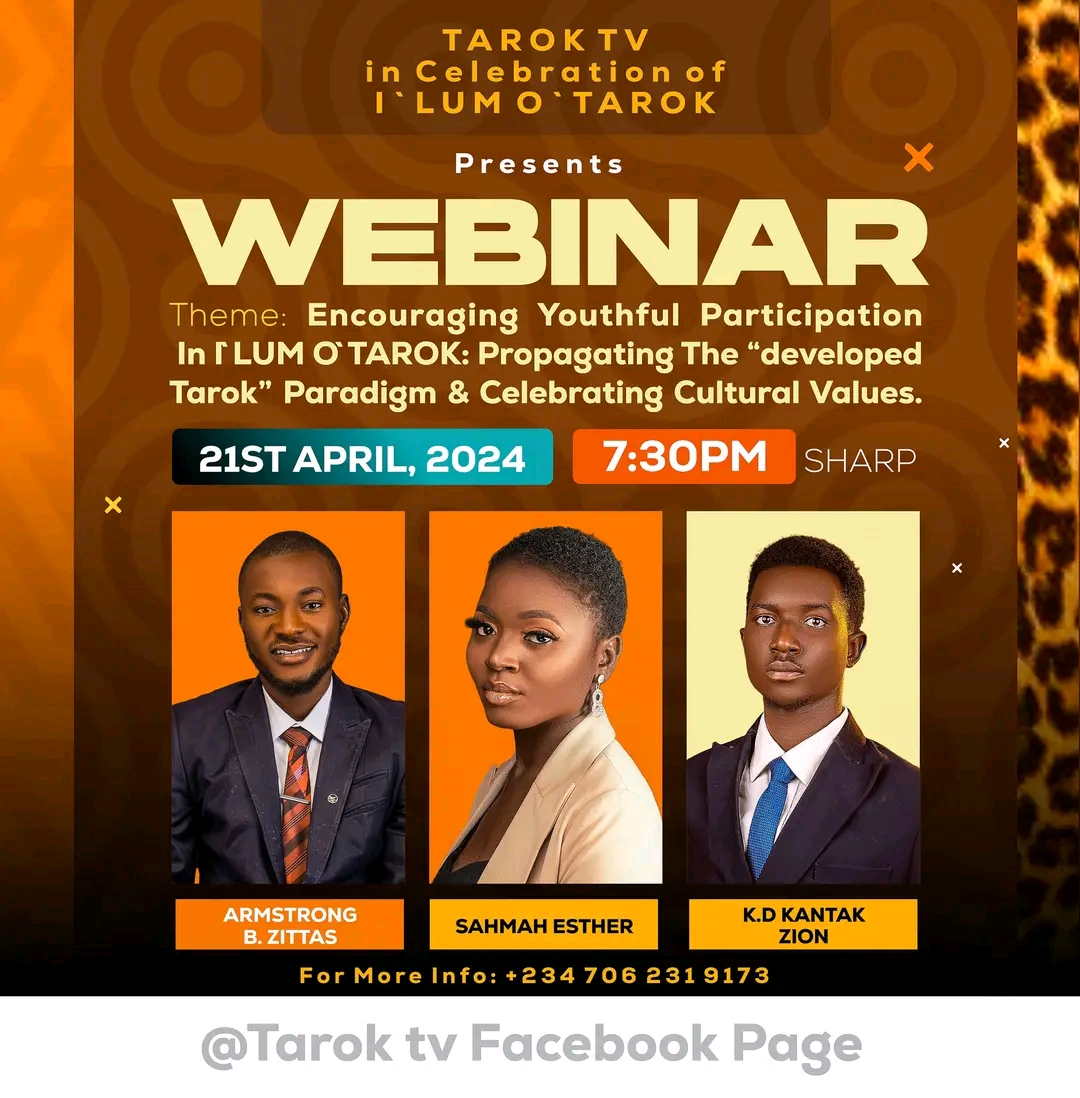
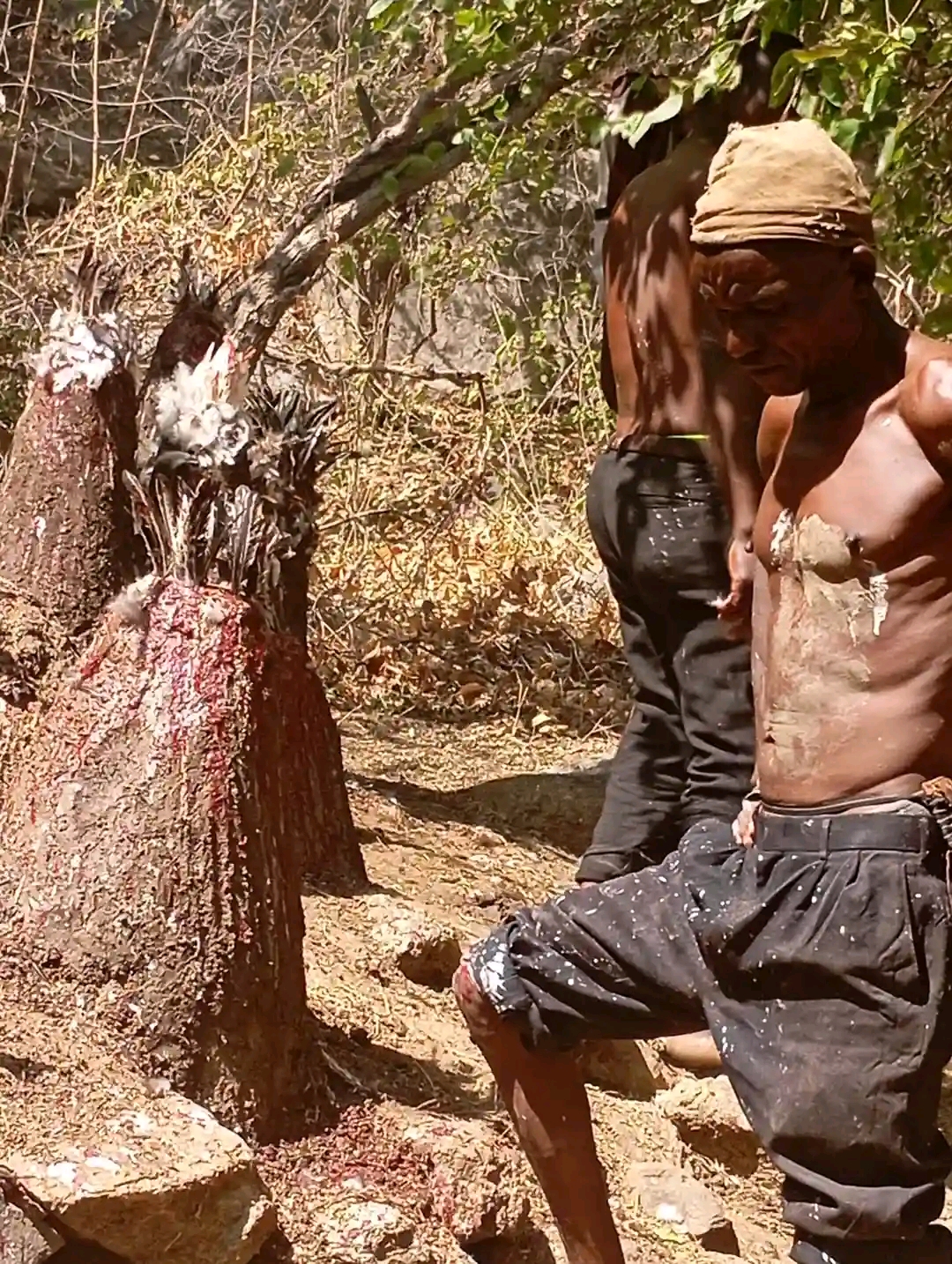
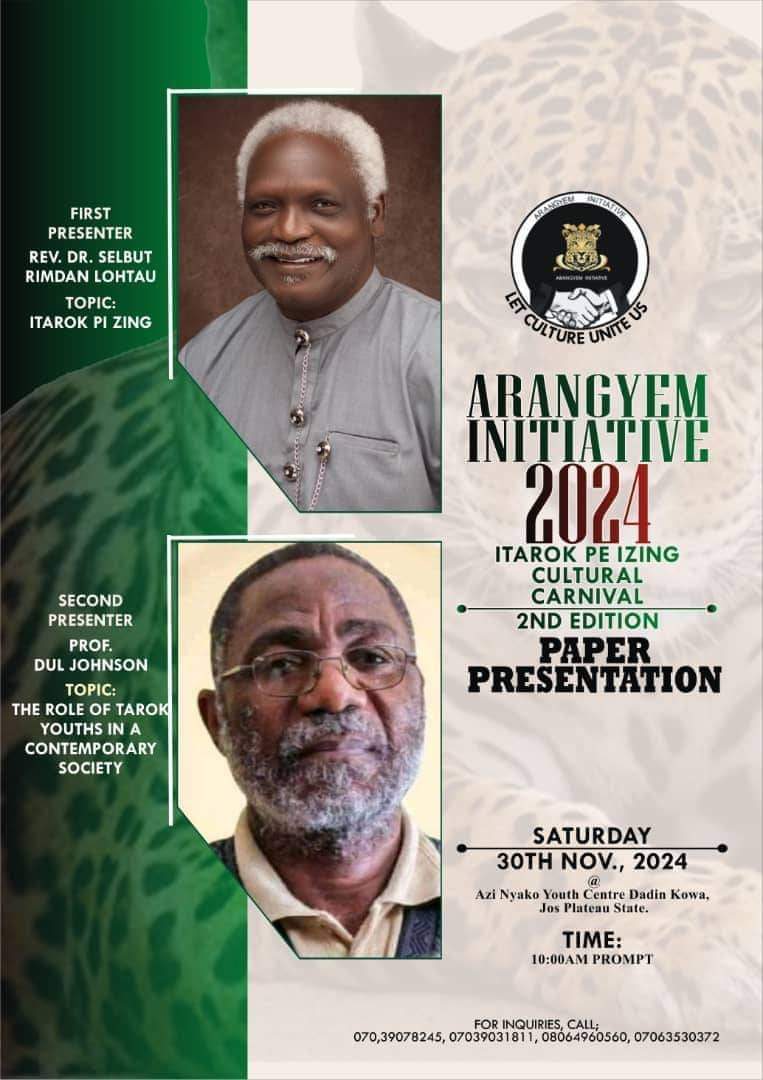
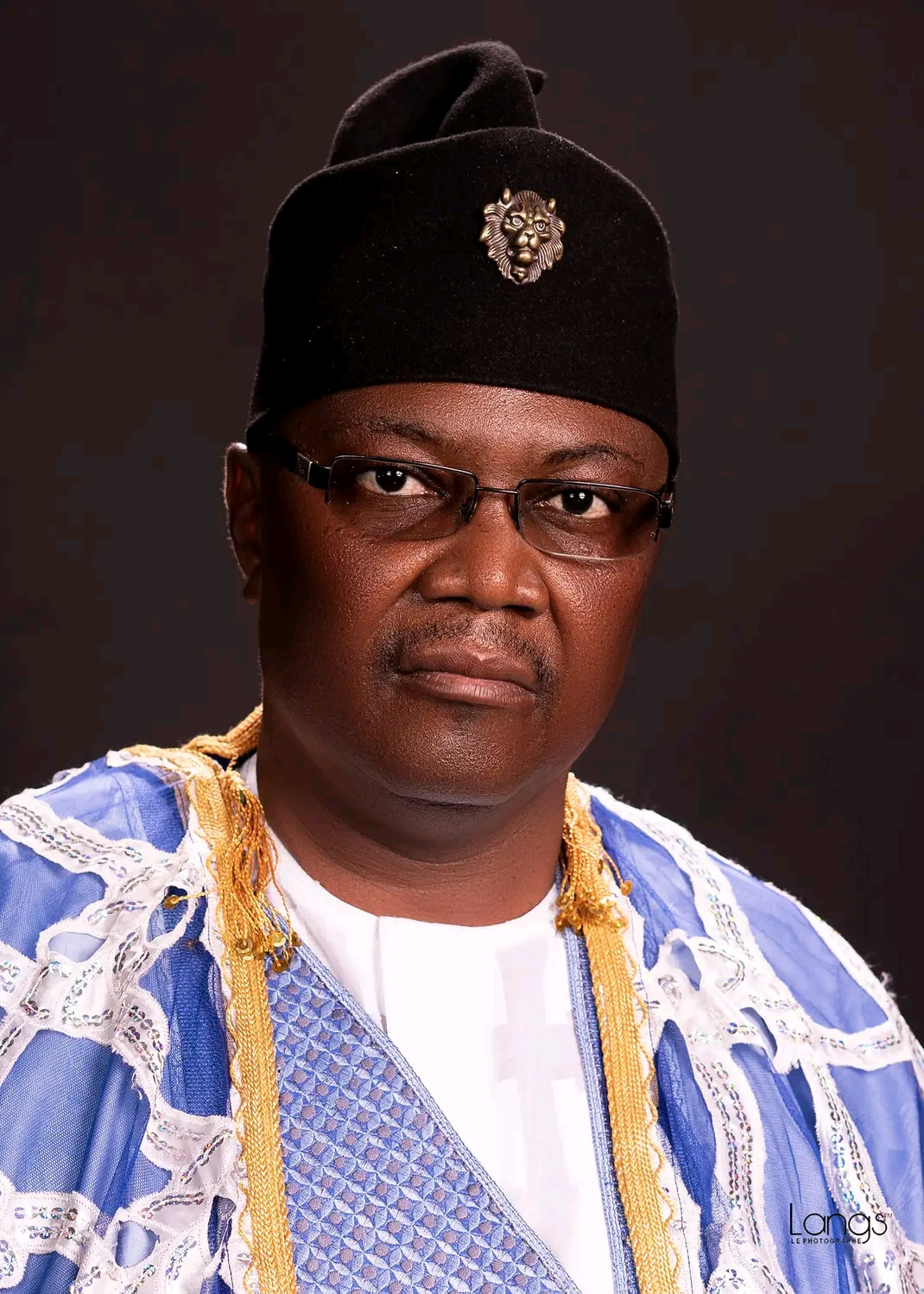


Thank you for the well-researched paper. It will go a long way in achieving its desired goal